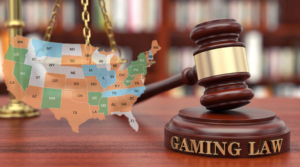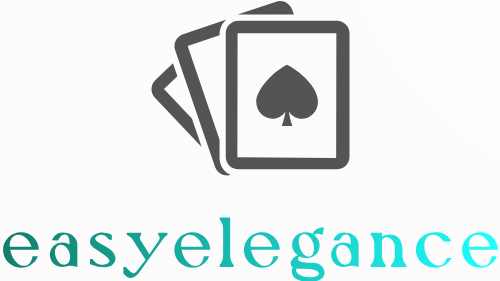As the popularity of online casinos continues to soar, the importance of understanding the legal aspects of this industry becomes paramount. Licensing and regulation play a crucial role in ensuring a safe and fair gaming environment for players. In this article, we will delve into the world of online casino licensing and regulation, exploring the significance of obtaining licenses, the role of regulatory authorities, and how players can identify reputable and trustworthy online casinos.

The Importance of Licensing for Online Casinos
Online casino licensing is a fundamental aspect that reflects the legitimacy and credibility of the operator. Obtaining a license from a reputable regulatory body involves meeting stringent requirements, including financial stability, player protection measures, and fair gaming practices. A valid license provides players with the assurance that the casino operates transparently and complies with industry standards.
Key Regulatory Authorities in the Online Casino Industry
Several regulatory authorities worldwide oversee the licensing and regulation of online casinos. Each jurisdiction has its own set of rules and regulations, with the aim of protecting players and ensuring the integrity of online gambling. Some well-known regulatory bodies include the Malta Gaming Authority (MGA), the United Kingdom Gambling Commission (UKGC), the Kahnawake Gaming Commission, and the Alderney Gambling Control Commission (AGCC).
Player Protection and Responsible Gambling Measures
Reputable online casinos take player protection and responsible gambling seriously. Licensed operators implement various measures to promote responsible gambling, such as setting deposit limits, offering self-exclusion options, and providing resources for problem gambling support. Regulatory bodies often require casinos to display responsible gambling messages prominently and provide information on support organizations.
Fair Gaming and Random Number Generators (RNGs)
Fair gaming is a critical aspect of the online casino experience. Regulatory authorities mandate that online casinos utilize Random Number Generators (RNGs) to ensure the random outcomes of games. RNGs are sophisticated algorithms that produce unpredictable results, making the games fair and unbiased. Regular audits by independent testing agencies verify the integrity of RNGs and fair gaming practices.
Identifying Reputable and Trustworthy Online Casinos
For players, identifying reputable and trustworthy online casinos is essential for a safe and enjoyable gaming experience. Players should look for clear information about the casino’s licensing and regulatory status, displayed prominently on the website. Additionally, researching the regulatory authority and checking for any history of sanctions or complaints against the casino can provide valuable insights.
Common Pitfalls and Blacklisted Casinos
The online casino industry also faces challenges, with some operators attempting to operate without proper licensing or adhering to regulations. Players should be wary of unlicensed or blacklisted casinos, as they may not prioritize player protection and fair gaming. Staying informed about blacklisted casinos and being vigilant when selecting an online casino is crucial to avoid potential risks.
Conclusion
Understanding the legal aspects of online casinos, particularly licensing and regulation, is vital for both operators and players. Licensing ensures the integrity and credibility of online casinos, while regulatory bodies play a significant role in enforcing fair gaming practices and promoting responsible gambling. As players, being aware of the regulatory status of online casinos and exercising caution when choosing where to play can lead to a safer and more enjoyable gaming experience



